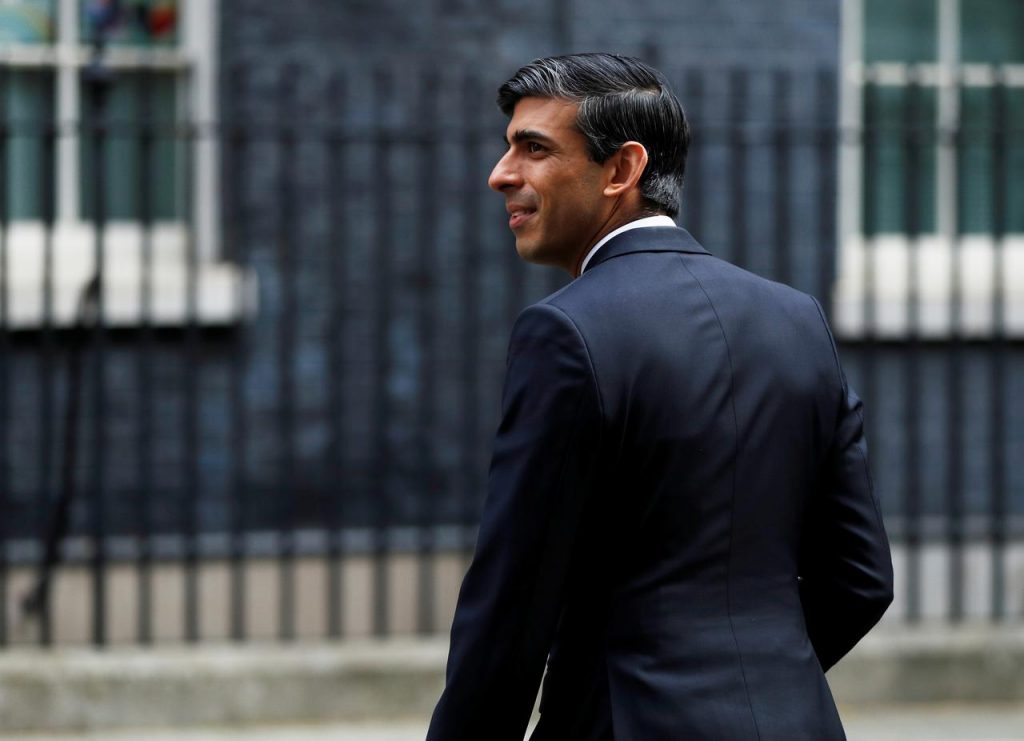Rishi Sunak has sought to defend his mini-budget against accusations he failed to shield Britain’s poorest families from the worst hit to living standards in six decades, as economists warned 1.3 million people will fall into absolute poverty next year.
Amid heavy criticism of Wednesday’s spring statement from opposition leaders and his own back benches, experts from the Institute for Fiscal Studies (IFS) and Resolution Foundation thinktanks said the chancellor could have done more to help those most at need.
With those on the lowest incomes bearing the brunt of Britain’s cost of living crisis, the Resolution Foundation said absolute poverty was now on course to hit almost a fifth of the population. It said half a million more children were expected to fall below the breadline this financial year, bringing the total number of people in absolute poverty to 12.5 million across the UK, up from 11.2 million.
The rise in absolute poverty – where households have less than 60% of the average income – would be the first time such an increase has been recorded in Britain outside of a recession, demonstrating the scale of the shock to family budgets as the war in Ukraine adds to a pandemic-induced surge in living costs.
In a round of spiky media interviews on Thursday, Sunak defended his plans by saying he could not solve “every problem” and insisted that measures such as a 5p cut to fuel duty, a rise in the national insurance threshold and the promise of an income tax cut in two years’ time would “make a difference”.
He said official forecasts for the biggest hit to living standards since the mid-1950s needed to be taken in context as Britain emerges from the “biggest economic shock in over 300 years” inflicted by the Covid pandemic.
After facing criticism for announcing no further support for those on universal credit, who will see their benefits rise by just 3% while inflation leaps to nearly 8%, Sunak retorted during a BBC interview: “We can’t do everything.”
However, leading economists said rhetoric deployed by the chancellor in his spring statement update to the house of Commons on Wednesday had failed to match up to reality.
Paul Johnson, the director of the IFS, said Sunak had “proved to be something of a fiscal illusionist” by announcing tax cuts and other measures that would only go a limited way to offsetting previously announced plans.
Raising national insurance by 1.25 percentage points from April while announcing cuts in income tax for the future “looks indefensible from an economic point of view, though one can see the political attractions”, Johnson said.
“He continues, despite his rhetoric, to be a chancellor presiding over a very big increase in the tax burden. What he did yesterday was not enough even to stop the expected tax burden rising yet further.”
Last autumn the government removed a £20 per week uplift in universal credit put in place during the pandemic, in a move charities warned would drive up poverty long before Russia’s invasion of Ukraine added to the highest rates of inflation for three decades.
Despite growing pressure on families, the IFS said the cut meant the value of universal credit for a single out-of-work homeowner with two children had fallen by almost a fifth in the space of six months, and was worth almost 9% less than before the pandemic after taking account of inflation.
Source: The Guardian


